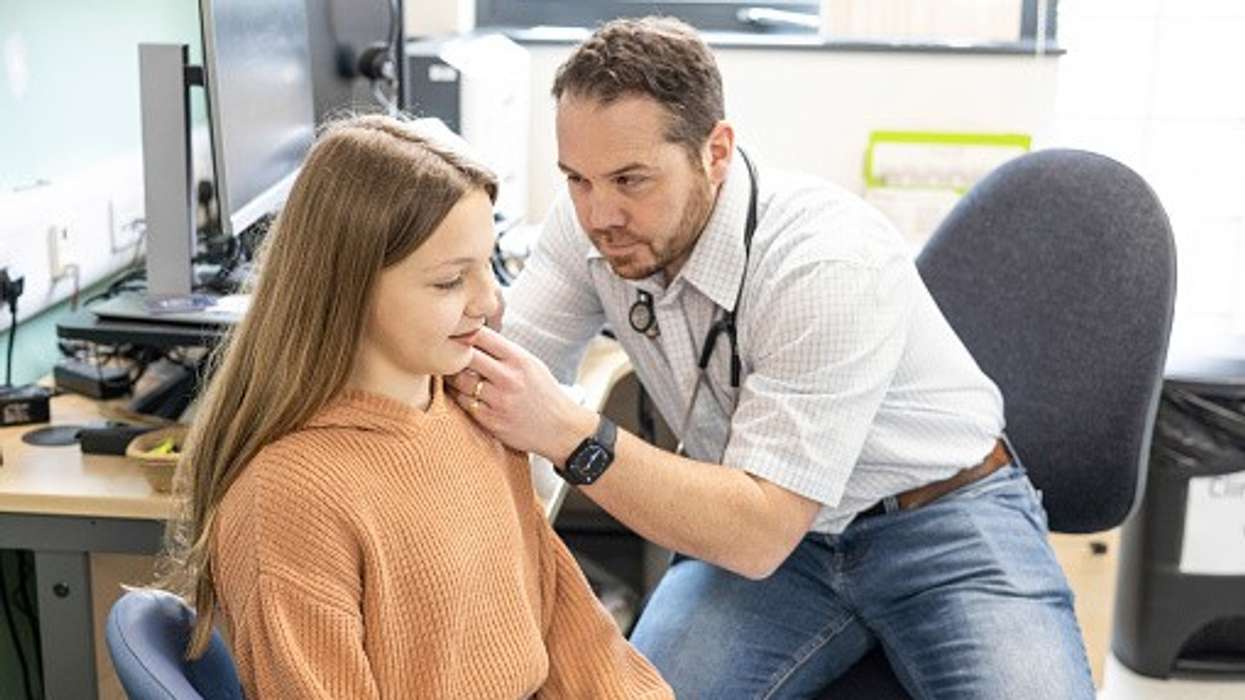German pharmaceutical company Bayer has received authorisation from the Medicines and Healthcare products Regulatory Agency (MHRA) for the use of Kerendia (finerenone) (10mg or 20mg) in Great Britain.
The novel, non-steroidal oral medicine is used to treat chronic kidney disease associated with type 2 diabetes in adults. It is already approved in the U.S. and the European Union, and regulatory filings in other regions are underway or planned.
The MHRA’s approval is based on the results of the pivotal Phase III FIDELIO-DKD study, which investigated the efficacy of finerenone on kidney and cardiovascular outcomes in 5,734 adult patients. The result was published in the New England Journal of Medicine in October 2020.
In the study, patients were randomised in a 1:1 ratio to receive finerenone or placebo. It found that finerenone significantly lowered the risk of kidney failure, reducing the risk of renal death by 18 per cent.
Professor of Kidney Medicine at University College London and honorary consultant nephrologist at the Royal Free London NHS Foundation Trust, David Wheeler, said: “Chronic kidney disease associated with type 2 diabetes is the most common cause of kidney failure and often leads to patients requiring dialysis or a kidney transplant to stay alive.
Calling it a welcoming news for kidney patients, he said: “Physicians in the UK now have another new treatment option to help improve kidney outcomes in this patient population.”
Dr. Antonio Payano, senior Bayer representative, head of pharmaceuticals at Bayer UK & Ireland, said: “We are pleased to bring finerenone, the only drug that has been developed exclusively for CKD, to eligible adults in the UK who live with chronic kidney disease associated with type 2 diabetes.”
The condition not only affects patients’ life, but also poses a big challenge to manage end-stage kidney disease, placing financial burden on the already stretched NHS services, he said.
“Timely detection and management are therefore vital to ensure the best outcomes for patients and that kidney health is carefully monitored in those at-risk. We believe the availability of finerenone provides UK physicians with a much-needed new management option to help alleviate the huge burden of chronic kidney disease on patients and the healthcare system.”
As per estimates, more than 4.4 million people are living with type 2 diabetes in the UK, and about 1.76 million people are likely to develop CKD in type 2 diabetes, which has now become the leading cause of kidney failure.











